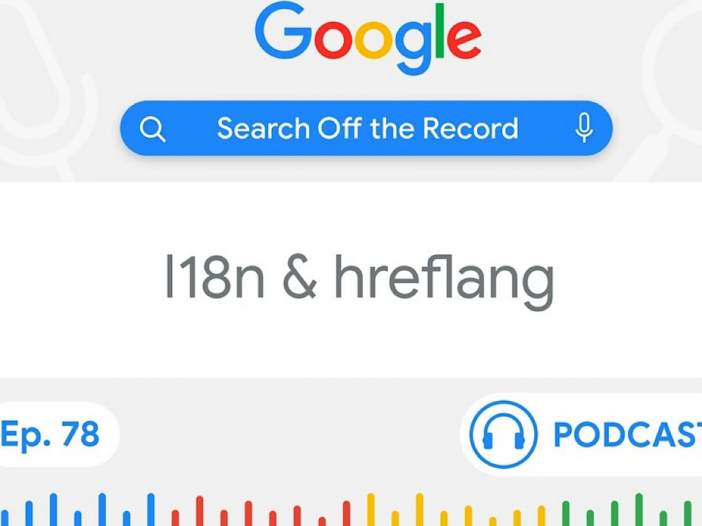SEARCH
LANGUAGE
FOLLOW US ON
FEEDBACK
Kim Se Jeong, Kim Nam Gil, Woo Do Hwan are also making their long-awaited comebacks this month!
November brings an exciting lineup of K-dramas that promises to captivate audiences! From thrilling narratives to heartwarming romantic comedies, there’s something for everyone to look forward to. Fan favorites like Yoo Yeon Seok, Chase Soo Bin, Gong Yoo, Ji Chang Wook, and Kim Se Jeong are all returning in fresh roles and compelling stories. Let’s dive into the upcoming K-dramas set to release in November 2024!
1. BREWING LOVE
Yong Ju (played by Kim Se Jeong), is a sales department employee of a liquor company enlists the help of the company’s CEO when her branch is in crisis. As the two solve the crisis together, their professional relationship begins to turn a little personal. Brewing Love is slated to release on November 4, 2024.
A plastic surgeon (played by Lee Min Ki) gets embroiled in one his patient’s suicide case. As he begins to help a detective (played by Han Hyun Jin), at the violent crimes department, they begin to develop a bond that is much more than just professional. Romance soon blooms between the two. Actor Lee Yi Kyung will also be seen in a pivotal role in the drama. Face Me is to release on November 6.
Ji Chang Wook wowed us all with his character in The Worst of Evil. It looks like he likes playing grey characters more and is back in a new role in the drama Gangnam B-Side. Ji Chang Wook plays a pimp in Seoul who gets entangled in a kidnapping case of a call girl named Jaehee (played by BIBI). Detective Kang Dong Woo (played by Jo Woo Jin) is assigned the case soon. Gangnam B-Side is set to premiere on November 6 on Disney+ Hotstar.
Woo Do Hwan’s character Hae Joo in Mr Plankton is one unfortunate man. He decides to go on one last trip of his life when he meets Lee Yoo Mi’s character Jo Jae Mi, a runaway bride and also his ex-girlfriend. The two go on this journey and also try to keep Jae Mi away from being found by the groom (played by Oh Jung Se). Watch the hilarity in Mr Plankton unfold on November 8 on Netflix.
Priest Kim Hae Il (played by Kim Nam Gil) is making a comeback this November! He is now assigned on a drug case in Busan. He is joined by his team of prosecutor and detectives to solve the case once again. The comedy and the thrill we saw in season one of The Fiery Priesst is bound to make a return this season as well. Lee Ha Nee, Kim Sung Kyun and BIBI will be seen in pivotal roles in the drama. The Fiery Priest Season 2 is scheduled to release on November 8.
A post shared by MBC DRAMA official (@mbcdrama_now)
7. THE TRUNK
Gong Yoo is making a comeback a little earlier than Squid Game Season 2 in December 2024. He will be seen in the mystery thriller The Trunk as Han Jung Won. He enters a contract marriage with Non In Ji (played by Seo Hyun Jin). As they two begin their new life together, a mysterious trunk arrives at their doorstep. The Trunk is set to premiere on Netflix on November 29.
8. PAROLE EXAMINER LEE
In the judicial system, we have detectives and investigators who investigate a case and put criminals behind the bars. When these criminals get parole, there is a different set of officers who look after those who can get parole and make sure those on parole follow the rules. Parole Examiner Lee follows parole officer Lee Han Shin (played by Go Soo), who is diligent at his work for most of the time. But sometimes his personal agenda for revenge takes front seat. Parole Examiner Lee will show officer Lee’s journey as he navigates his professional life. Parole Examiner Lee is set to premiere on November 18.
The Tale of Lady Ok is a fictional historical drama set during the Joseon period. Ok Tae Young (played by Im Ji Yeon) is a legal expert who is exceptional in her help for those who seek it. But she has a secret. Her name, her family, everything is fake. She meets Cheon Seung Whee (played by Choo Young Woo), a storyteller and falls in love with him. The Tale of Lady Ok is set to premiere on November 30, 2024.
We will see Lee Yi Kyung in a comedy avatar as well this month. He played Bong Cheol Hui in Marry YOU. Bong is the type of an individual who has been eluding marriage. The true story begins when Jung Ha Na, a civil servant played by Jo Soo Min, is moved to the “marriage fraud promotion team.” This team was set up with the sole objective of getting Bong married off. Marry YOU is set to premiere on November 16.
Ju Ji Hoon and Jung Yu Mi lead a captivating romantic drama centered around childhood rivals who reunite as adults. Despite sharing the same first name, birthday, and hometown, Seok Ji Won (played by Ju) and Yoon Ji Won (played by Jung) come from families that harbor deep animosity towards one another. Their rivalry intensified throughout their school years until one day, Ji-won mysteriously vanished. Years later, he returns as the chairman of Dokmok High School, their alma mater. Meanwhile, Yoon Ji Won has taken on the role of a PE teacher, driven by a strong sense of justice. This drama will air on tvN, on November 23!
Also Read: From Song Joong Ki starrer My Name is Loh Kiwan to Gong Yoo-led The Trunk, Netflix announces an extensive slate of 2024 Korean movies, dramas and reality shows!
Catch us for latest Bollywood News, New Bollywood Movies update, Box office collection, New Movies Release , Bollywood News Hindi, Entertainment News, Bollywood Live News Today & Upcoming Movies 2024 and stay updated with latest hindi movies only on Bollywood Hungama.
No Releated Data
Skip this step for now
5000 characters remaining




